Register for Summer Camp Now! (253) 458-7186
Teresa McCann, BCBA, Summer Camp Director
TeresaM@mindsourcecenter.com
– – – – – – – – – – – – – – – – – – – – – – – – – – – – – – – – – – – – – – – – – – – – – – – – – – – – – – – – – – – – – – – – –
Prepare your child for success this summer
Come join us for Friendship Builders Camp, a kid-approved summer program
that offers action-packed fun.
This program is specially designed for autistic and neurodivergent learners ages 4-13, or any learner who could use extra support to engage socially with peers, problem-solve, or successfully manage their emotions. Friendship Builders Camp offers a safe and inclusive learning environment. We welcome neurodiverse children, with or without diagnoses, and their siblings.
Campers enjoy fun, engaging activities that are carefully crafted to naturally facilitate communication and connection between peers. Activities include building projects, STEM-based adventures, artsy escapades, refreshing water play, legos, outdoor fun, and a whole lot more!
Designed using principles of Applied Behavior Analysis (ABA), campers learn essential skills for building healthy friendships. Small group learning will offer meaningful experiences, related to their personal interests.
You may notice significant improvements in your child’s friendship-making, problem-solving, and emotional regulation–skills that give them a leg up for the coming school year.
– – – – – – – – – – – – – – – – – – – – – – – – – – – – – – – – – – – – – – – – – – – – – – – – – – – – – – – – – – – – – – – – –
SUMMER CAMP SESSIONS, DATES & OPTIONS
DOWNLOAD THE SUMMER CAMP FLYER (PDF)
Summer Session 1
(Mon-Fri, July 8th-July 26th):
Morning, Afternoon, or Full Day
Summer Session 2
(Mon-Fri, July 29th-August 16th):
Morning, Afternoon, or Full Day
Summer Sessions 1 & 2
(Mon-Fri, July 8th-August 16th):
Morning, Afternoon, or Full Day
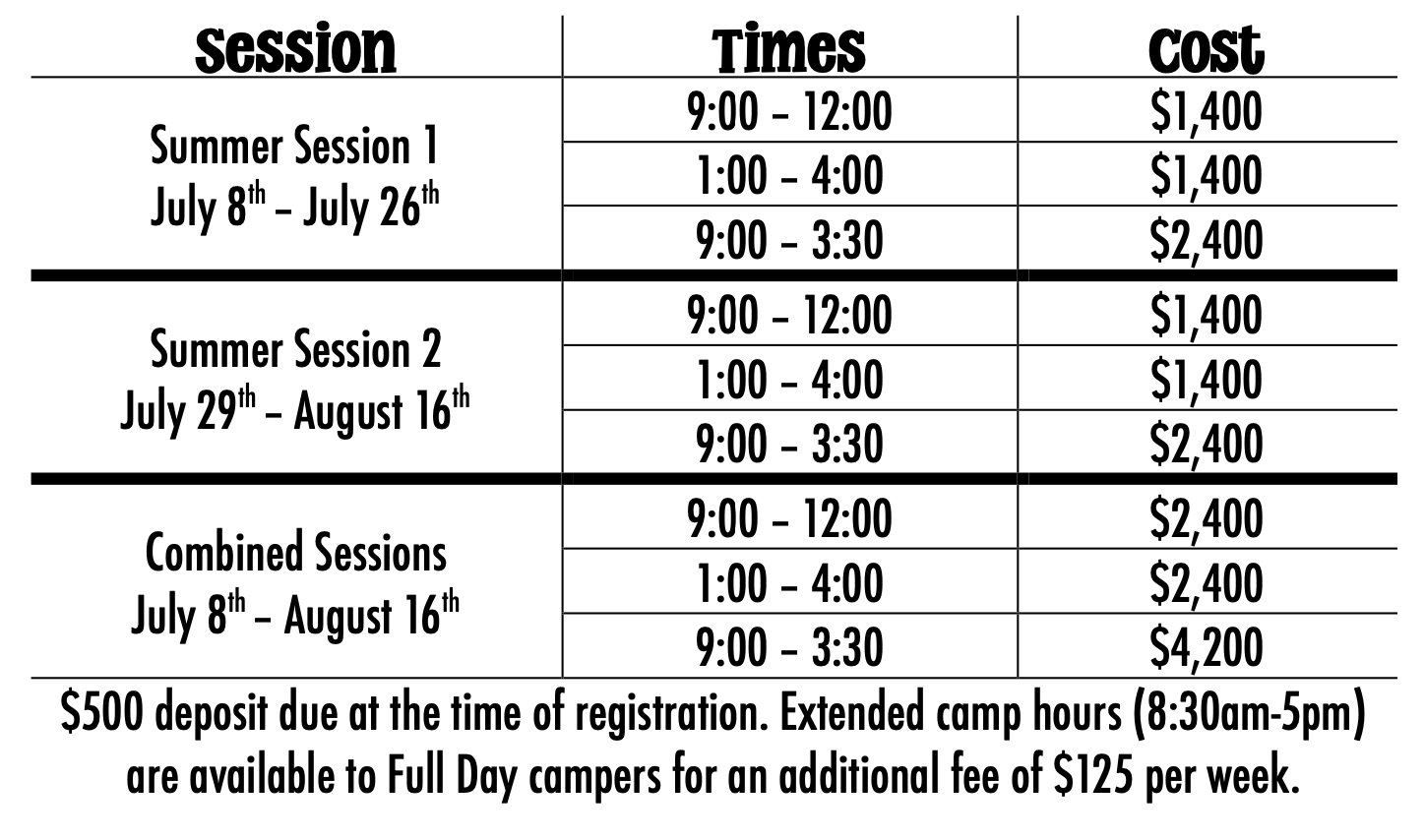
– – – – – – – – – – – – – – – – – – – – – – – – – – – – – – – – – – – – – – – – – – – – – – – – – – – – – – – – – – – – – – – – –

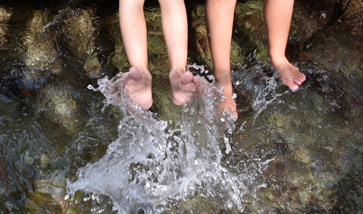

What Skills Will My Child Learn?
With nearly 200 hours of skill instruction, our program is equivalent to three years of social skills training and is designed to provide your child with the tools to improve their social skills, problem-solving, and self-management skills. To increase success, each skill is taught in a direct and straightforward way, followed by fun and engaging opportunities to practice the skill. This intensive learning approach has been shown to be effective in boosting children’s development growth, an investment that can pay off for years to come.
Your child will progressively develop core skills that support social competency over the 7 weeks, using methods designed to accelerate improvement in social skills and behavior.
Tools to improve social, problem-solving, and self-management skills are taught, followed by fun and engaging opportunities to practice these skills.
Skills Your Child May Learn at Camp
- Asking for Help
- Saying Thank You
- Contributing to Discussions
- Offering Help
- Making Corrections
- Setting a Goal
- Beginning & Ending a Conversations
- Joining In
- Playing a Game
- Asking a Favor
- Giving & Accepting Compliments
- Sharing
- Apologizing
- Knowing Your Feelings
- Expressing Your Feelings
- Recognizing Another’s Feelings
- Showing Understanding of Another’s Feelings
- Expressing Concern for Another
- Rewarding Yourself
- Asking Permission
- Responding to Teasing
- Avoiding Trouble
- Problem Solving
- Accepting Consequences
- Dealing with an Accusation
- Negotiating
- Deciding What Caused a Problem
- Dealing with Losing
- Being a Good Sport
- Dealing with Being Left Out
- Reacting to Failure
- Accepting No
- Saying No
- Relaxing
- Being Honest
Why Choose Friendship Builders Camp?
Expertise and Support.
All learning aspects of this camp are carefully crafted and closely guided by our Board Certified Behavior Analysts (BCBA’s), and supported by our team of Certified Behavior Technicians.
Small Group Focus.
Our team of BCBA’s and Certified Behavior Technicians can focus intensively on small groups, to ensure that all campers are well-supported and receive personalized attention at a 1:3 ratio (adult to child).
Structured, Systematic Learning.
Using evidence-based practices, each day of camp is structured to introduce new skills, reinforce recently acquired ones, and provide multiple opportunities to engage in socially-oriented practice activities.
Practical Application.
Campers learn and apply personally relevant skills, such as working together with others, problem solving, decision making, sharing ideas, and cooperating in a group.
Focus on Core Skills.
Campers learn essential life skills that lead to resilience, effective self-management, decision-making, and problem-solving.
Parent Involvement.
Included in the program cost are 6 group sessions. Parents learn how to extend these skills to the home environment and be social mentors to their children. While participation is highly encouraged, it is not mandatory.
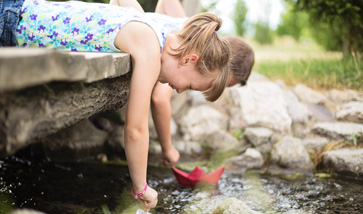
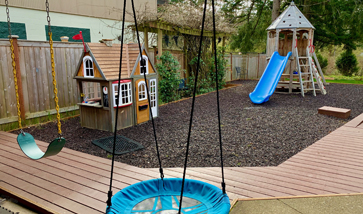
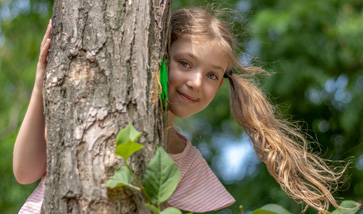
FAQs
- Free Time: This is a period for unstructured social play and solitary play. Campers choose from a variety of activities.
- Morning Meetup: The day’s plan is reviewed, to help campers know what to expect, and daily goals are set.
- Level Up (Skill Review): A short teaching session firms up skills learned in the previous session. Fun practice activities are presented, designed to review skills.
- Snack & Socialize: Campers eat their snacks while doing a short activity.
- Social Skill Spotlight: A new social skill is introduced, followed by thoughtfully constructed opportunity to practice the skills within an engaging activity.
- Calm Quest: Campers experiment with a new coping/calming activity, designed to empower them to regulate their emotions.
- Lunch/Recess: This is a time for eating, casual conversation and unstructured (or lightly structured) opportunities for social play and solitary play.
- Level Up (Skill Review): Another round of short skill teaching and practice activity to sharpen skills.
- Problem-Solving Partners: Campers are supported in using problem-solving strategies.
- Wrap Up & Free Time: The end of day wrap-up provides an opportunity to review the day’s successes, wind down, and get ready to leave.
- Fun Fridays are for play activities designed to solidify skills learned earlier in the week and apply those skills in new and different ways.


